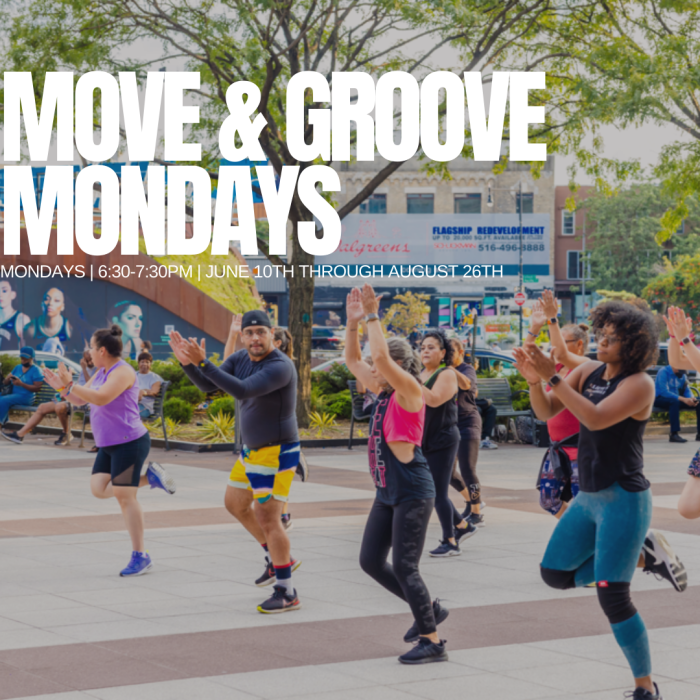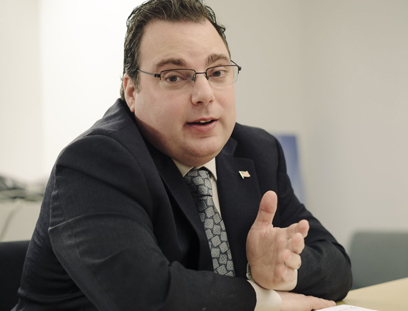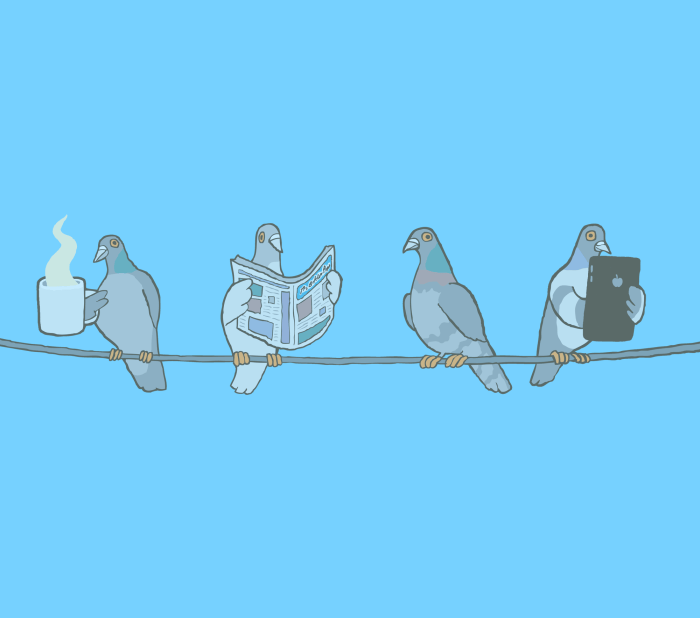Unfortunately, my weekly columns must be written several days before they are published. Last week, I finished by writing that “the video of a white female investment manager choking a dog appears to have received a lot more attention than the video of a white male cop choking a human. Admittedly, it’s a harder video to watch.”
I said, “Some parts of our government protect us and nourish us, and some parts repress us. The parts that repress us claim to protect us, and to some extent they do protect us. Or rather, they protect a large group of us, while killing others and turning some of us into killers. We’ve got to focus on growing the parts of government that nourish people while shrinking the parts that exist to protect the government from its people.”
The first paragraph I wrote was probably not true when I wrote it, and surely not by the time it was published. By the time these words are published, it will have been twelve or thirteen days of now-worldwide protest against American police violence, and the truth of the second paragraph is clearer to some people than it was before.
But what will that protest accomplish?
There have been protests against George Floyd’s murder by the Minneapolis Police Department in almost every world city. The ones in Barcelona and Auckland, New Zealand looked particularly large. Massive global protests didn’t stop the Iraq war or climate change, and I don’t think any American police department cares too much about the opinions of Catalonians or Kiwis. The silent, mostly-white, always-growing nightly protest in my neighborhood might as well be in Europe for all the policy it will change, I think.
Some protests have gotten rowdy. In Minneapolis, a police station burned and in Louisville, the police killed David McAtee. The NYPD killed a man in Brooklyn in an incident unrelated to the protests this week, but he was armed, apparently. If you get your news through social media, especially not Facebook, you’ve been seeing a lot about police brutality, with shocking new content produced every day. If you get your news through television or the right-wing media, you’ve been seeing a lot about looting and disorder. On this very website, you can find this paper’s right-wing columnist’s viewpoint on the matter.
Looting and protesting sometimes come under the umbrella of rioting, as they seem to be now. Organized looting appears to be occurring, but usually in totally different places than the mass demonstrations. The police seem more concerned with the demonstrations against them.
The top of police departments respond to political pressure, and the bottom to their ranking commanders. Middle management of police departments seems almost totally untouchable. In New York, middle management starts with the sergeants and seems to stop just below commissioner. Almost every rank has its own union.
These protests occur when police departments are most vulnerable, during budget season in a cash crunch. Zeroing-out the NYPD would not even close the budget hole entirely, but right now it is due to receive zero cuts just as a huge portion of the city has turned against it.
I do believe we’ll be spending less on urban police in the long run, but of course in the long run, we are all dead.
Nick Rizzo is a Democratic District Leader representing the 50th Assembly District and a political consultant who lives in Greenpoint. Follow him on Twitter @NickRizzo.





















